Optimal Seasons for Waterproofing
Waterproofing is most effective when performed under specific weather conditions to ensure proper adhesion and curing. The optimal seasons are typically late spring through early fall, when temperatures are moderate and humidity levels are manageable. Avoiding extreme cold or heat prevents material failure and ensures longevity of the waterproofing system.
Spring offers moderate temperatures and rising moisture levels, making it an ideal time for waterproofing. It allows sufficient curing time before winter.
Summer provides warm, dry conditions suitable for most waterproofing products, ensuring quick curing and strong adhesion.
Fall temperatures are ideal for waterproofing, especially before winter, to prevent water ingress during the colder months.
Cold temperatures and snow can hinder waterproofing materials from curing properly, leading to reduced effectiveness.
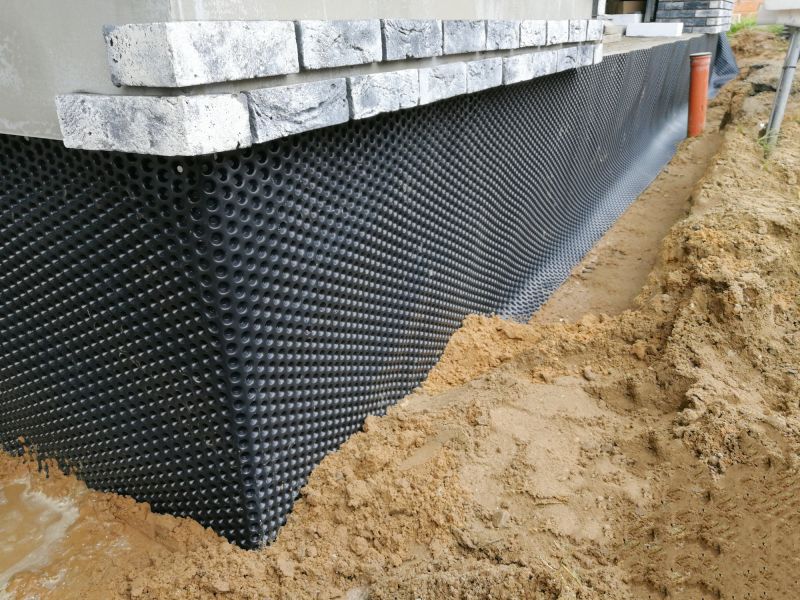
Image of a contractor applying waterproofing membrane during spring conditions.
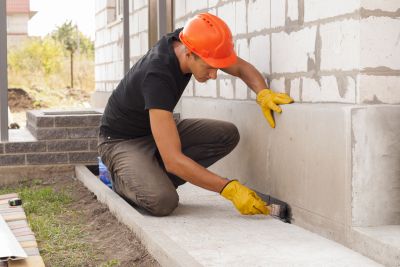
Photo of waterproofing sealant being applied on a building exterior under sunny skies.
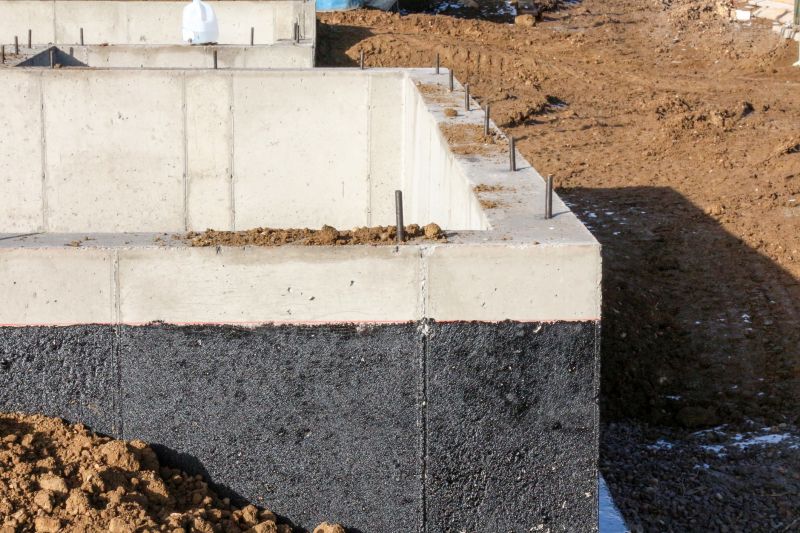
Image showing waterproofing work being done on a foundation before winter.
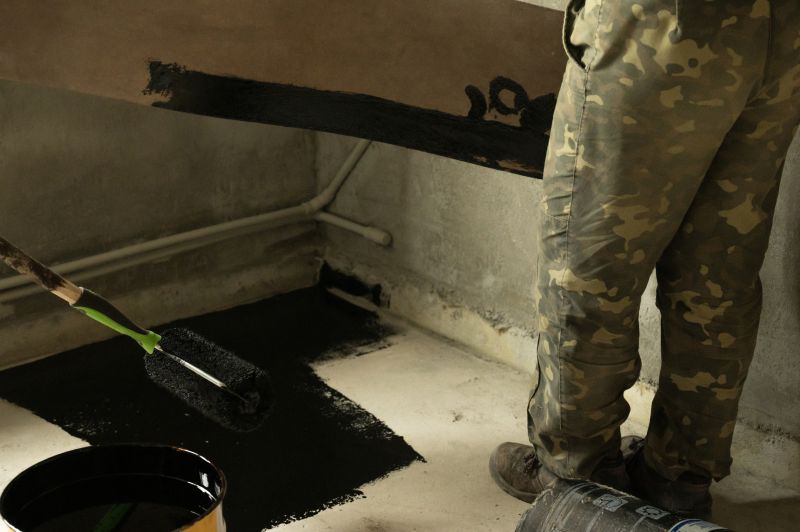
Ways to make Waterproofings work in tight or awkward layouts.
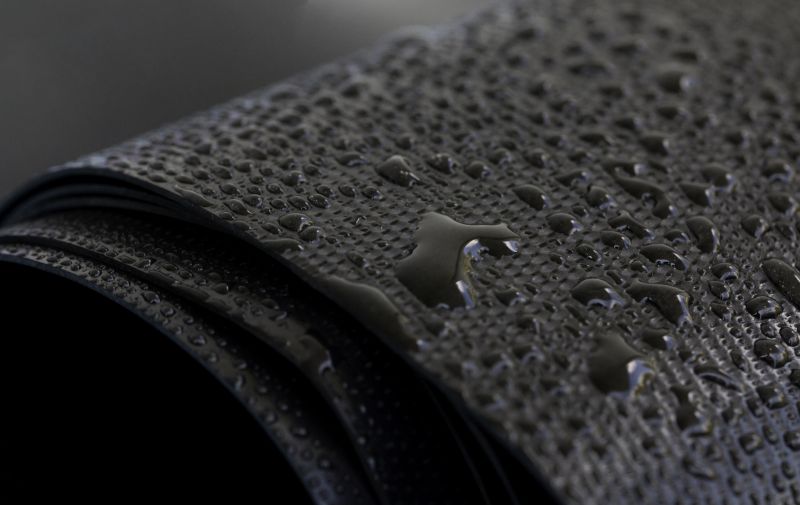
Popular materials for Waterproofings and why they hold up over time.
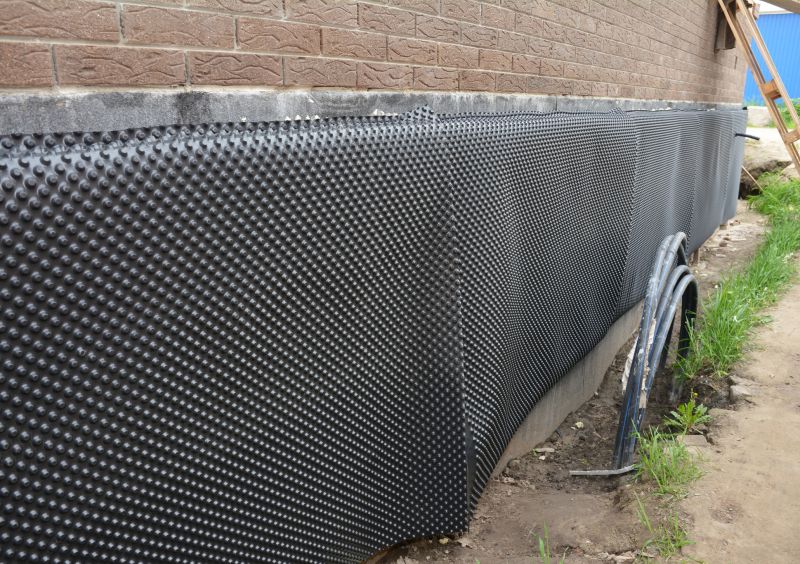
Simple add-ons that improve Waterproofings without blowing the budget.
| Season | Suitable for Waterproofing |
|---|---|
| Spring | Yes |
| Summer | Yes |
| Fall | Yes |
| Winter | No |
Waterproofings are essential for protecting structures from water intrusion, which can lead to structural damage, mold growth, and reduced durability. Proper waterproofing techniques involve selecting suitable materials, preparing surfaces adequately, and applying during favorable weather conditions. Statistics indicate that waterproofing can extend the lifespan of a building by preventing water-related issues, saving costs on repairs, and maintaining structural integrity.
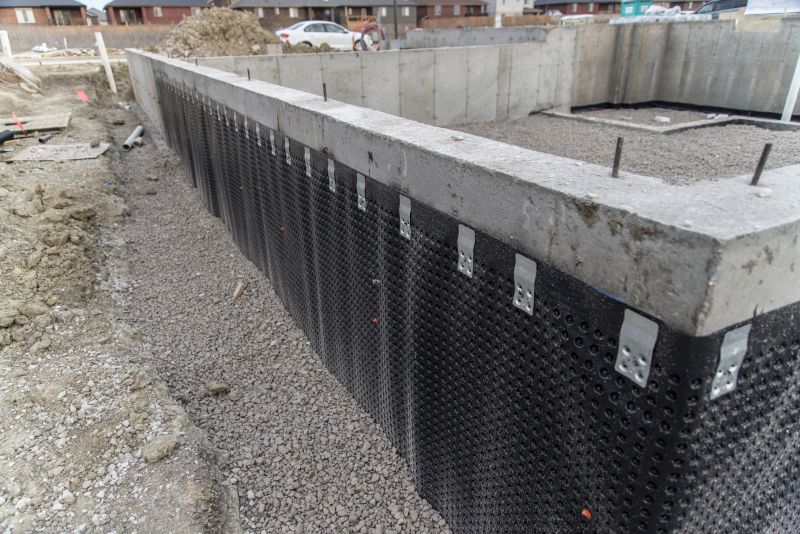
Close-up of waterproofing membranes and sealants used in construction.
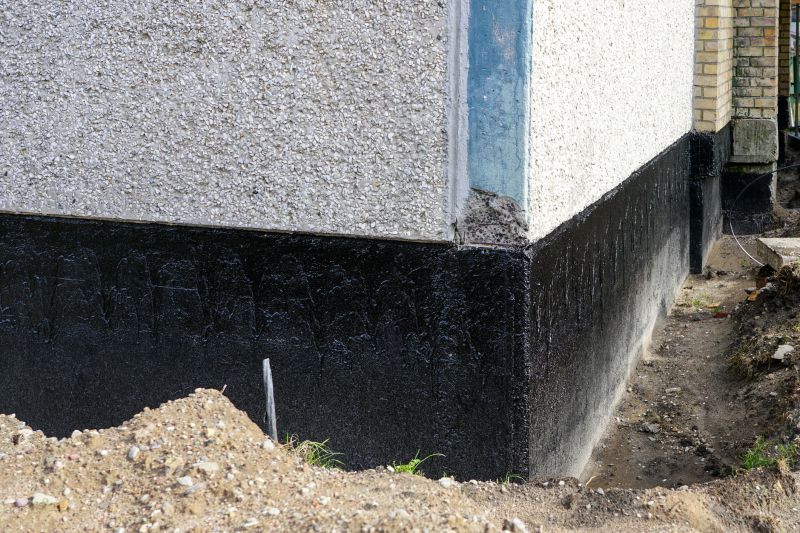
Technicians applying waterproofing coatings on a foundation wall.
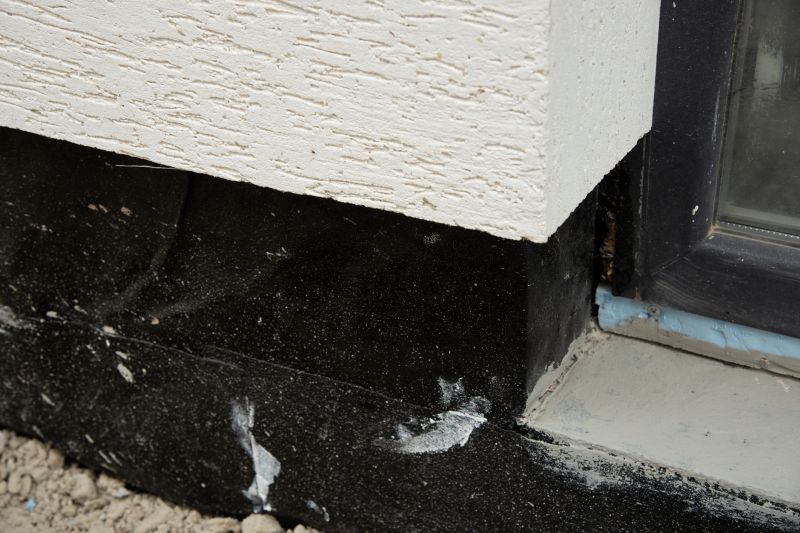
Completed waterproofing layer on a building exterior.
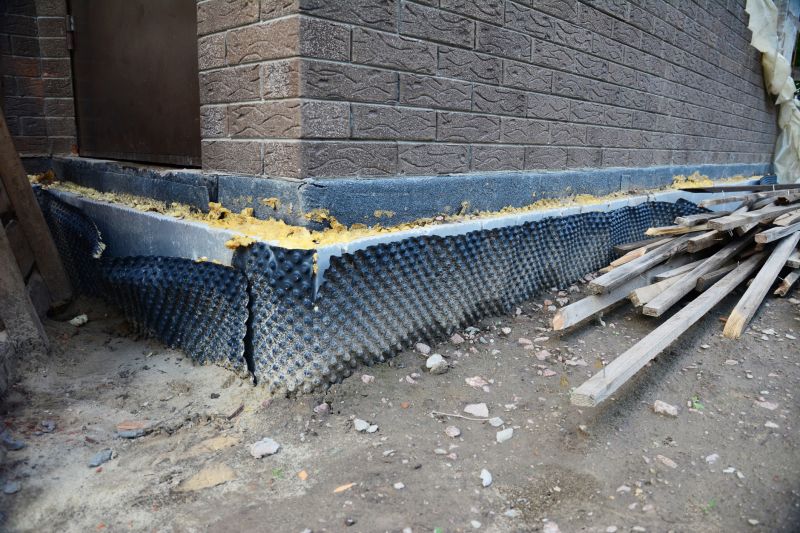
Inspection of waterproofed surfaces for integrity and wear.
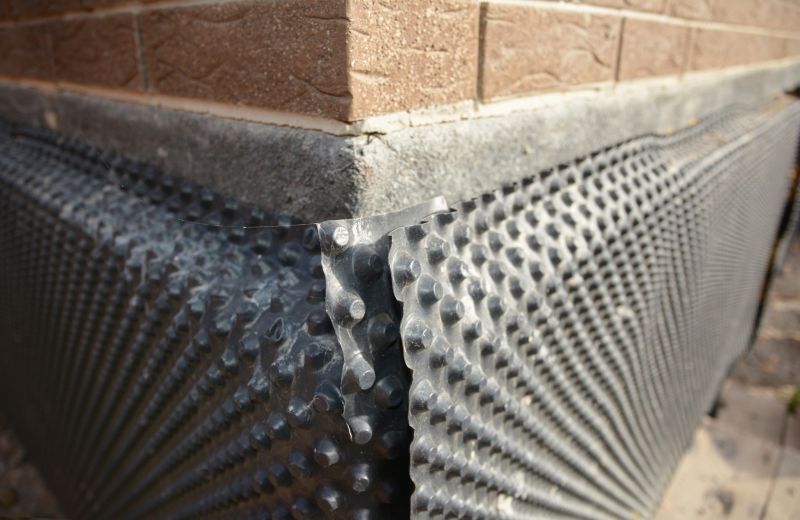
High-end options that actually feel worth it for Waterproofings.
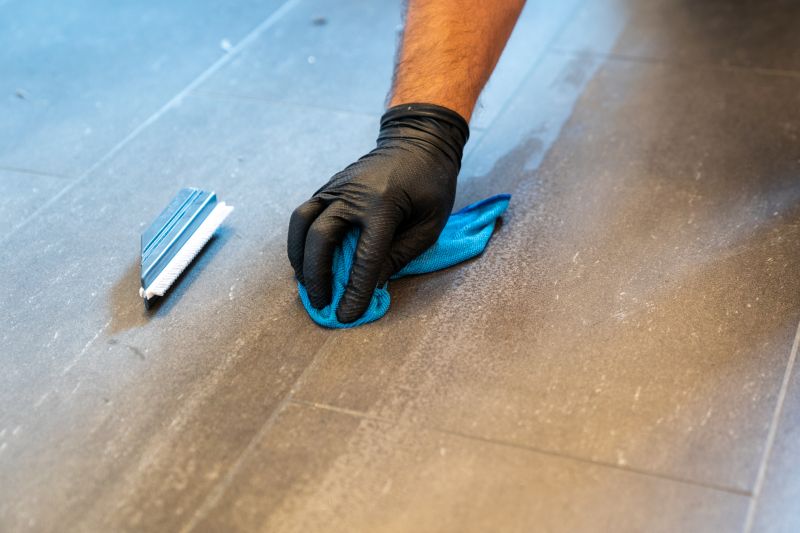
Finishes and colors that play nicely with Waterproofings.
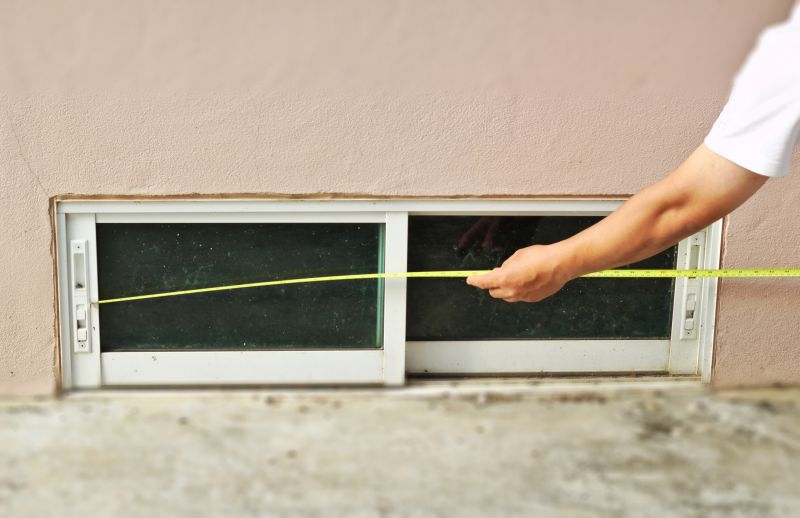
Little measurements that prevent headaches on Waterproofings day.
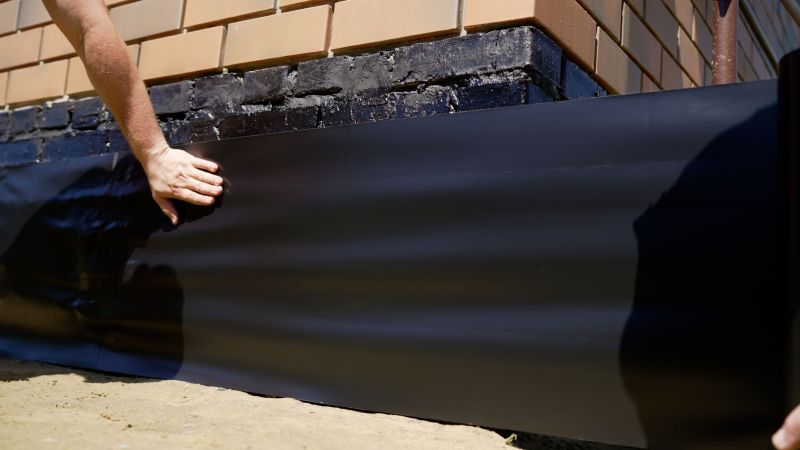
A 60-second routine that keeps Waterproofings looking new.
Interested in waterproofing services? Filling out the contact form provides an opportunity to discuss project needs, schedule assessments, and receive tailored solutions to protect structures against water damage effectively.

